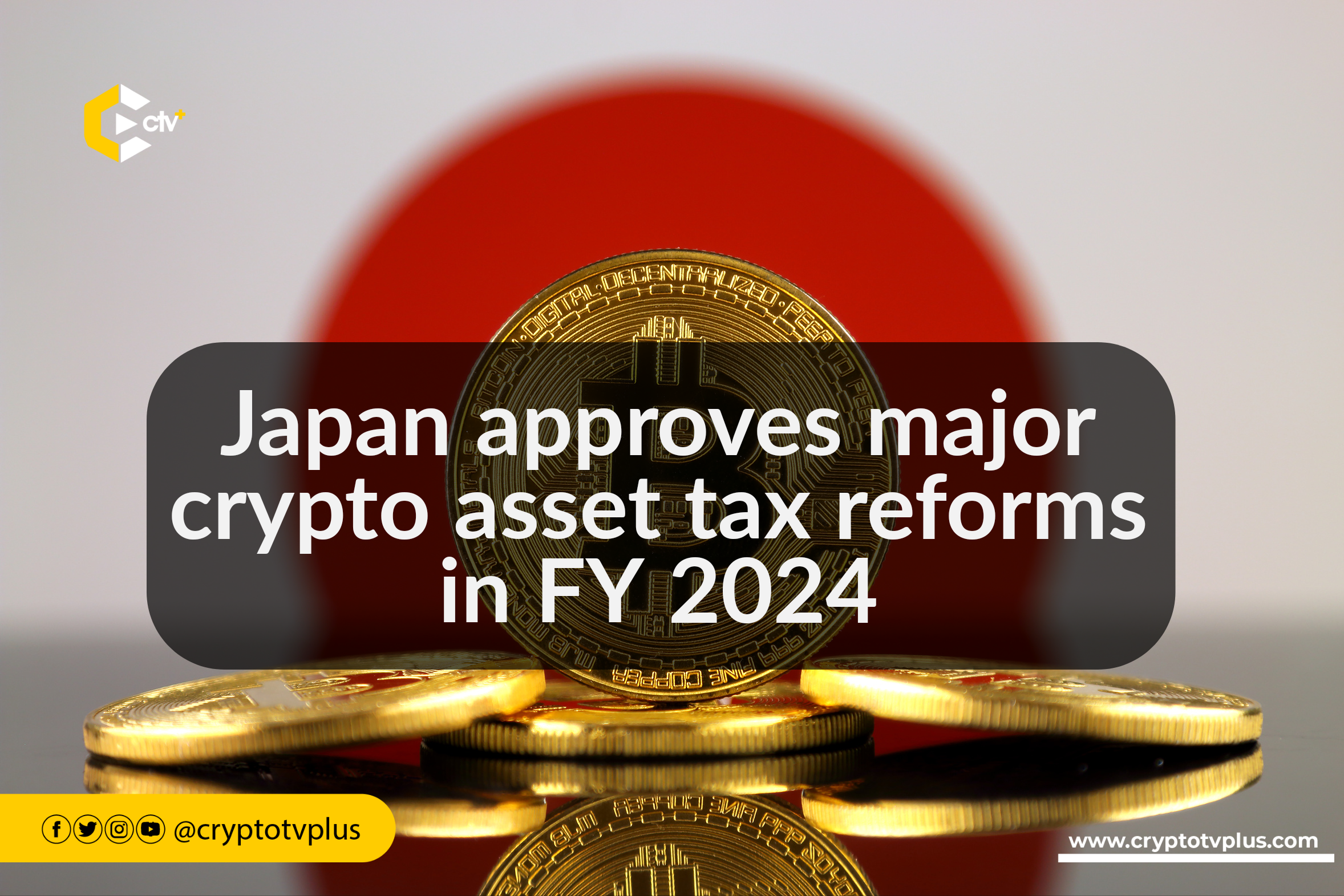News
Japan approves major crypto asset tax reforms in FY 2024

The Japanese Cabinet has given its nod to a comprehensive tax reform outline for the fiscal year 2024. The approved changes bring relief to corporations holding crypto assets, while focusing solely on taxing profits derived from the sale of cryptocurrencies.
One of the key revisions approved in the Fiscal Year 2024 Tax Reform Outline is the exemption of companies holding crypto assets from valuation taxation.
This change from the previous tax regime signifies a departure from the norm, as corporations will now only be taxed on the actual profits realized from the sale of virtual currencies and tokens.
The primary objective behind this amendment is to alleviate the tax burden on corporations engaged in the holding and operation of crypto assets.
Previously, virtual currencies issued by third parties and held by corporations were subject to mark-to-market valuation at the end of the fiscal year, resulting in the recording of profits or losses based on the difference between market value and book value.
However, the newly approved reform eliminates this mark-to-market valuation for assets assumed to be held continuously.
In addition to the significant changes in crypto asset taxation, the Fiscal Year 2024 Tax Reform Outline encompasses a broader spectrum of economic policies.
It includes a plan to reduce income tax and resident tax by 40,000 yen per person, effective from June 2024 onwards. This move is expected to provide relief to individual taxpayers and stimulate consumer spending.
The sole determination made in this tax reform was to eliminate the year-end unrealized gain tax that was imposed on corporations.
This is a crucial step toward implementing loss carryover deductions and distinct taxation (20 percent), both of which are desired by cryptocurrency investors.
Read also: OpenAI forms “Prepardeness Team” with the board’s final AI safety authority
What do you think of this article? Share your thoughts below

























Pingback: Japan greenlights VC investment in crypto-only projects | CryptoTvplus | EU Alternatives